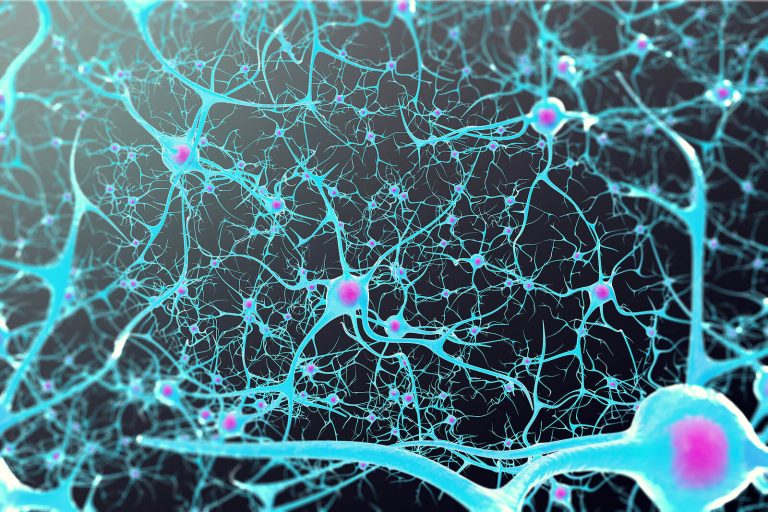What is a Hoarding Disorder?
Hoarding Disorders
A hoarding disorder is a persistent difficulty with discarding or parting ways with possessions because of a perceived need to save them regardless of their actual value. With this, it can lead to them feeling distressed at the thought of getting rid of their possessions. Most people who suffer from a hoarding condition have poor living conditions and can experience health issues.
Excessive collecting
Living with a hoarding disorder can cause turmoil with immediate family members due to excessive items. Living conditions can become cramped and lack cleanliness. Homes may have unusually narrow pathways winding through the clutter and spread from their homes to their car, garages, storage units, sheds, etc. These disorders can be mild to severe, having a huge to little impact on their lives. Those suffering from a hoarding condition may not see a problem which can make getting them treatment difficult.
Animal Hoarding
Hoarding disorders can come in other forms, such as hoarding animals. People that hoard animals can collect upwards of hundreds of them. This is especially dangerous for the animals and the individuals around. Living conditions can become unsanitary and unhealthy for the animals and cause illnesses in both the pets and their owner; some cases lead to starvation and death of the animals. This is caused because it can become problematic for the owners to care for them. Often animal remains are found in homes with other hoarding conditions. As the homes become more filled, it can be hard to navigate.
Symptoms
The symptoms of hoarding disorder range from:
- Having difficulty throwing out or parting with things regardless of their value
- Feeling an extreme need to save these items or being upset by the thought of discarding them
- Excessive build-up of clutter to the point where rooms are unusable
- Have a tendency to have trouble with planning, organizing, perfectionism, procrastination, and indecisiveness.
- Piles and stacks of things such as newspaper, clothes, paperwork, books, or sentimental items
- Crowded and cluttered walking spaces and living areas making the space unusable for its intended purpose.
- Build-up of food or trash to an excessive unsanitary level
- Conflict with others who try to reduce clutter
- They save items because they think they are unique or will be needed at some point
- Grow an emotional attachment
- Reminds them of a happier time or represents loved ones or pets
- Don’t want to waste anything
Treatment
Unfortunately, most people who suffer from a hoarding condition don’t seek treatment for their hoarding condition. However, they do for other disorders such as depression and anxiety. When diagnosing, a professional psychologist may do a psychological evaluation and ask questions about emotional well-being and habits of collecting items, leading to a discussion about hoarding. They may ask permission to speak with family members and friends. Additionally, they may ask for pictures or videos of your living conditions.
Psychotherapy is the primary way hoarding disorders are treated; however, cognitive behavioral therapy is the most common form of psychotherapy used to treat a hoarding disorder. When someone who suffers from a hoarding disorder gets treatment, they will be taught to:
- Identify your thoughts and beliefs when acquiring items
- Resist the urge to get more items
- Organize their items and help decide which ones to discard
- Improve your decision-making and coping skills
- Declutter your home during in-home visits by a therapist or professional organizer
- Reduce isolation and increase social involvement with more meaningful activities
- Enhance motivation for change
- Attend family or group therapy
If you know someone or are looking for help with treating a hoarding disorder, try finding a psychotherapist who is experienced in hoarding disorders. You can help the process by taking notes of your symptoms, challenges you’re experiences, medical history, and medication you’re taking.
At Mountain Vista Psychology, we can help you work through your anxiety and teach you how to overcome it. Our therapists are ready to talk. For a FREE consult, email us at info@mountainvistapsychology.com or call us at 720-583-9339
Call For a FREE Consultation
We serve the Denver Metro area of Colorado. Click the button below to call and Schedule an Initial Consultation. To Schedule Neurofeedback or Testing please call us at 720-248-8603
Recent Articles
Dispelling Neurofeedback Myths
Neurofeedback has become increasingly popular as a therapeutic tool for clients, but it remains misunderstood by many. Misconceptions about its…
Autism Testing for Adults: Why Diagnosis Still Matters
What is Autism? Autism is a neurological difference that impacts how one scales social interactions, interpersonal relationships, and experiences the…
The Intersectionality of Autism & LGBTQIA Throughout the Lifespan
If you have a child (of any age) who you think may be Autistic, has been diagnosed as Autistic, or…
Autism Diagnosis Support Guide: Interventions, Therapy, and Accommodations for All Ages
Understanding Your Diagnosis An Autism or other mental health diagnosis may be very overwhelming. Understanding a diagnosis can help lessen…





